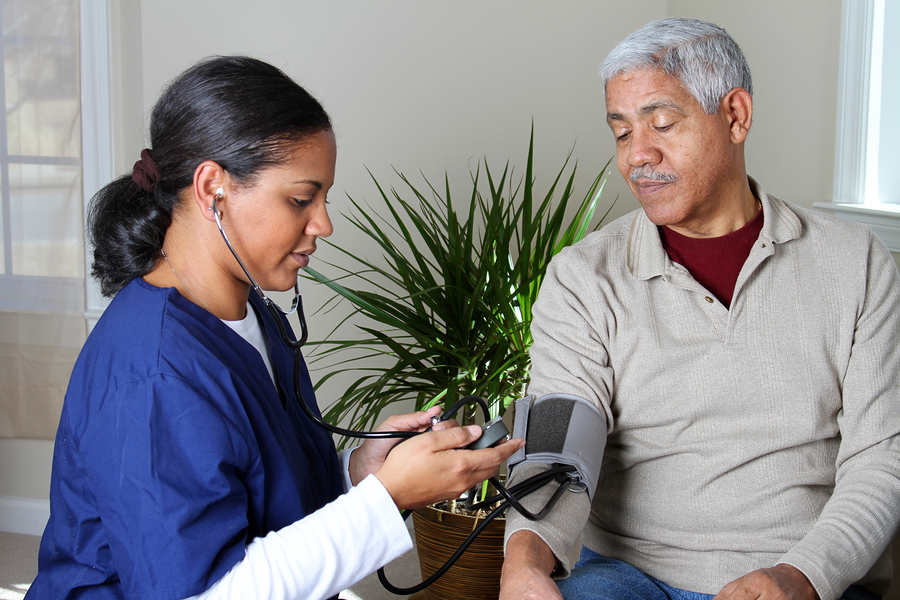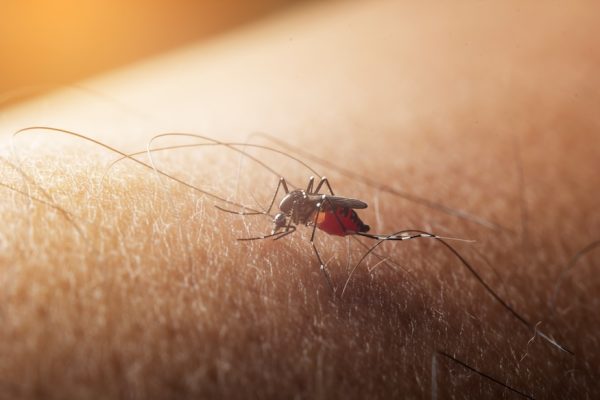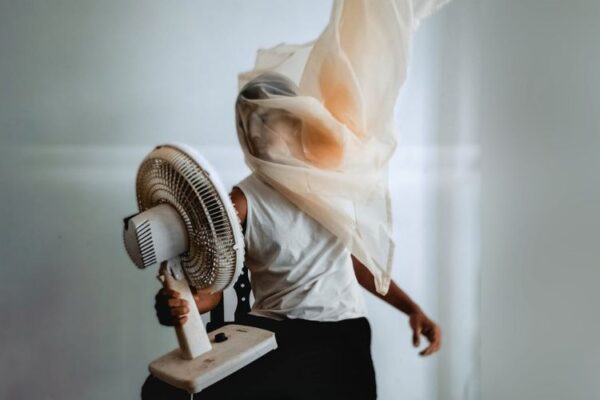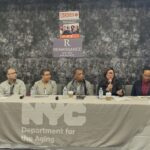Feeling anxious is a natural emotion. It’s a temporary feeling that is felt in times of distress, anticipation, and trouble. But, when anxiety goes from being temporary to being constant, then that might be a sign of an anxiety disorder. Anxiety disorders are one of the most common mental disorders, affecting an estimated 40 million American adults. Here we break down the most common anxiety disorder among seniors.
What Is An Anxiety Disorder?
People with anxiety disorders experience extreme anxiety that lasts for a long period of time. This could be anywhere from weeks to months to years. Anxiety disorders can affect everything from daily activities to job performance, personal relationships, and everyday tasks.
The most common type of anxiety among seniors is generalized anxiety disorder, or GAD. GAD is the experience of anxiety in everyday situations, even when there are no immediate reasons to be anxious. People with GAD always expect the worst to happen, whether it be with their finances, personal life, jobs, etc. These feelings can become critical, causing the person to find even simple tasks impossible to complete. Symptoms of GAD can include:
- Inability to relax
- Restlessness
- Difficulty concentrating
- Fatigue or being easily fatigued
- Muscle tension
- Headaches
- Trembling, twitching, sweating and/or nausea
Around 3.1 percent, or about 6.8 million of the American adult population currently suffer from GAD, with women being twice as likely to be affected than men.
For a long time, experts believed that anxiety disorders were less common among older adults. But, recently, most experts have concluded that seniors do not suffer any less from anxiety than any other age group, seniors are only less likely to speak about their symptoms. Many seniors carry anxiety disorders that have been affecting them since they were young, and see their symptoms as normal. If your anxiety consumes you, or affects how you live your day-to-day life, then it is not normal.
Of the 40 million Americans who suffer from anxiety disorders, only about one-third receive proper treatment. If you do suffer from any of these symptoms, talk to your primary care doctor or a medical professional. For more information about anxiety, visit the links below:
www.nimh.nih.gov/health/topics/anxiety-disorders
www.adaa.org/living-with-anxiety/older-adults




















